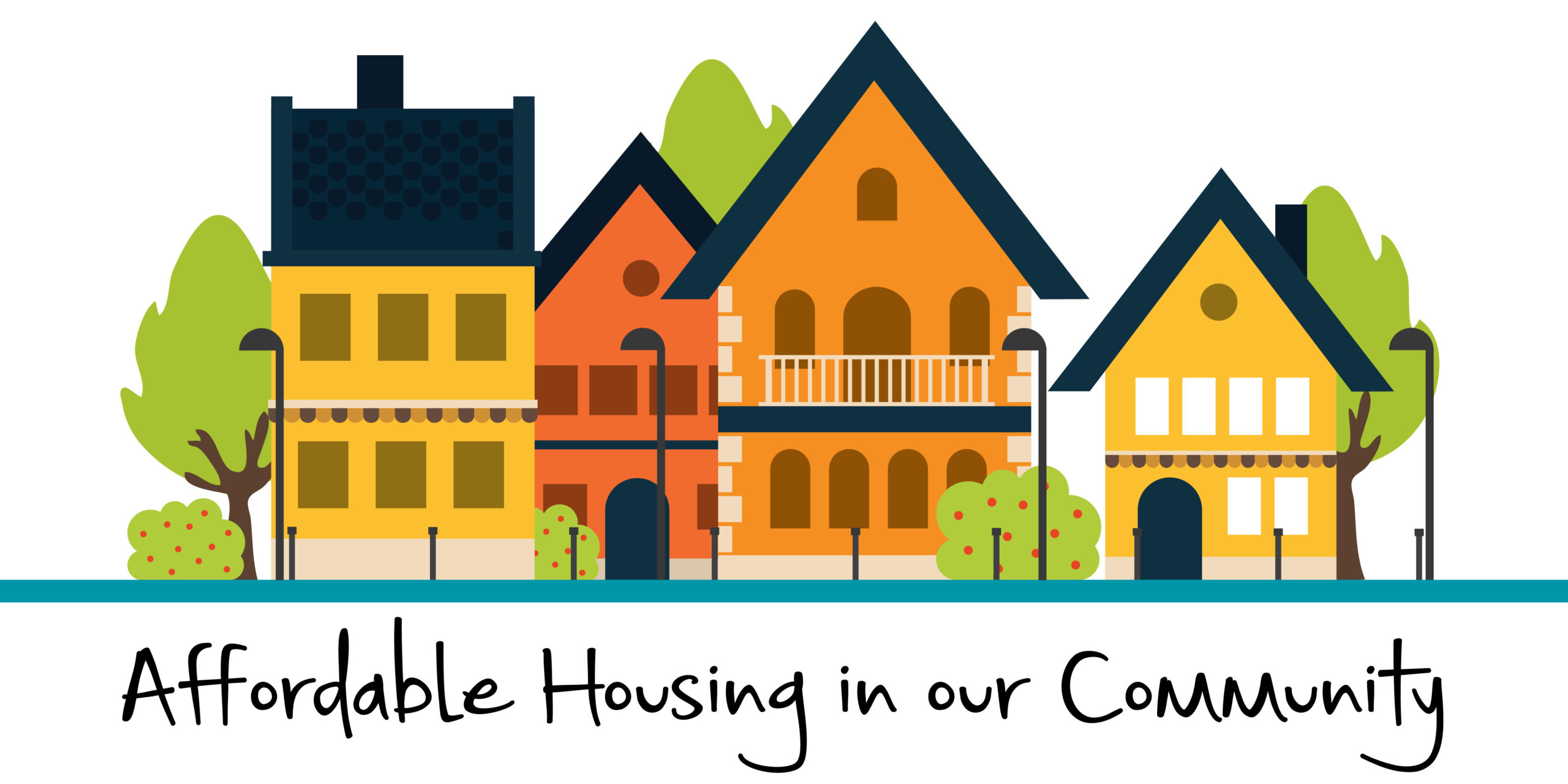Public Housing
Applying to HHA’s Family Public Housing


HHA’s Public Housing Program was established to provide decent and safe rental housing for eligible low-income families, the elderly, and persons with disabilities. Public housing comes in all sizes and types. HHA owns and operates over 1,750 units and offers a variety of housing to applicants so they can choose the types that best fit their family’s needs.
- HHA’s Public Housing includes HHA-owned sites that are both conventional developments and scattered-site properties.
- Conventional developments- refer to multi-family housing owned and operated by the Harrisburg Housing Authority. This includes both family developments and senior developments.
- Scattered-site properties- is the term used to describe individual housing units located throughout Harrisburg that are owned by HHA. Low and moderate-income families live in these properties, which are on “scattered” city blocks. Scattered Site residents mix with private renters and homeowners in their neighborhood and blend into the surrounding community.
Eligibility
Non-income-based screening factors:
- Criminal or Drug-related activity
- Rental history
- Housekeeping
- Credit Check
- Social Security Number Check
- Tenant name and address
- Other public information available to PHA
- Whether domestic violence was a factor in poor rental history
- Selection and Assignment
A Ready Pool of Applicants is created by bedroom size, preference and time of application, projected demand for tenants, turnover rates of current public housing, housing conditions in the City of Harrisburg and immediate surrounding areas, and anticipated vacancy.
HHA selects a minimum of four eligible applicants first in sequence from the wait list for each predicted vacant unit.
Once selected the applicants are screened to ensure the de-concentration of families with serious social problems
Screening criteria can be found in: The Admissions and Continued Occupancy Policy (ACOP)
Preferences
HHA does not plan to exceed the federal targeting requirements by targeting more than 40% of all new admissions to public housing to families at or below 30% of the median area income.
Transfers will take precedence over new admissions in the following circumstances
- Emergencies
- Medical justification
- Administrative reasons determined by HHA
- To protect residents from hate crimes and reprisals
- To provide units with accessibility features
- To achieve deconcentration
- For Victims of Domestic Violence
Admission Preferences
Involuntary Displacement
1. Disaster, Government Action, Action of Housing Owner, Inaccessibility, Property Disposition
2. Victims of domestic violence
3. Homelessness
4. Working families and those unable to work because of age or disability
5. Veterans and veterans’ families
6. Residents who live and/or work in the jurisdiction
1-5 are given equal preference, while 6 comes second to 1-5
Those of equal preference are selected by date and time of application
Unit assignment
Applicants are given 2 vacant unit choices before they are removed from the waiting list.
Occupancy
Rules of occupancy can be found in:
- The HHA’s resident lease
- The HHA’s continued Occupancy Policy (ACOP)
- The HHA’s briefing seminars or written materials
Family composition rules:
- Residents must notify the HHA of changes in family composition at:
- Annual reexaminations and lease renewal
- Any time family composition changes
- Anytime the family requests for revision
- Notification includes:
- A report in writing
- Within 14 days of the change
Rent Determination
Income-based rent policies
The HHA will employ discretionary rent-setting policies for income-based rent in public housing
- Minimum rent= $50.00
- NO ceiling rent
- The HHA does plan to charge rents at a fixed amount or percentage less than 30% of adjusted income
- Residents may choose between flat rent or 30% income-based rent
- Discretionary deductions and/or exclusion policies
- For the earned income of a previously unemployed household member
- For increases in earned income
- Fixed amount between annual re-certifications
- Tenant paid alimony
- Tenant paid child support
- Actual amount needed to purchase uniforms, tools, and equipment, is not otherwise reimbursed
- Cost of child care for older children when adults work nights
- Un-reimbursed tuition, books, supplies, and fees
- Rent Re-determinations
A tenant is required to report changes in income or family composition to the HHA within 14 days of a change in income
Setting Flat Rents
The following sources help the HHA set the market-based flat rents:
- The Section 8 rent reasonableness study of comparable housing
- Surveys of rents listed in the local newspaper
- Surveys of similar unassisted units in the neighborhood